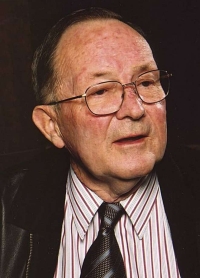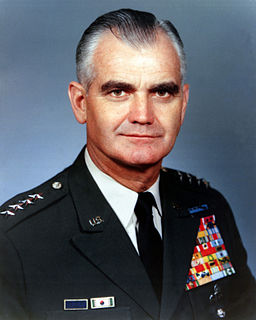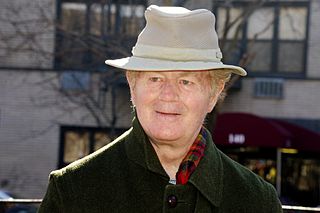A Quote by Mitt Romney
I longed in many respects to actually be in Vietnam and be representing our country there and in some ways it was frustrating not to feel like I was there as part of the troops that were fighting in Vietnam.
Related Quotes
Most of us who were opposed to the war, especially in the early '60's - the war we were opposed to was the war on South Vietnam which destroyed South Vietnam's rural society. The South was devastated. But now anyone who opposed this atrocity is regarded as having defended North Vietnam. And that's part of the effort to present the war as if it were a war between South Vietnam and North Vietnam with the United States helping the South. Of course it's fabrication. But it's "official truth" now.
My film isn't about Vietnam. It is Vietnam. It's what it was really like. It was crazy. And the way we made it was very much like the way the Americans were in Vietnam. We were in the jungle, there were too many of us, we had access to too much money, too much equipment and little by little we went insane.
Vietnam was the defining event for my generation. It spilled over into all facets of American life - into music, into the pulpits, in churches of our country. It spilled over into the city streets, police forces. And even if you were born late in the generation, Vietnam was still part of your childhood.
With 450,000 U. S. troops now in Vietnam, it is time that Congress decided whether or not to declare a state of war exists with North Vietnam. Previous congressional resolutions of support provide only limited authority. Although Congress may decide that the previously approved resolution on Vietnam given President Johnson is sufficient, the issue of a declaration of war should at least be put before the Congress for decision.
My brother-in-law, Chuck, whom I have known since we were teenagers, is a disabled veteran who was wounded while fighting with the marines in Vietnam. I've been around to observe how the war affected his life and the problems that veterans have, and I knew for a long time that I wanted to write a song about Vietnam.
None of the people's wars of the sixties did very well, including the one in Vietnam. Vo Nguyen Giap himself has admitted a loss of 600,000 men between 1965 and 1968...Moreover, by about 1970 at least 80% of the day-to-day combat in South Vietnam was being carried on by regular NVA troops...Genuine black-pajama southern guerrillas had been decimated and amounted to no more than 20% of the communist fighting forces.
It is a key fact about American policy in Vietnam that the withdrawel of American troops was built into it from the start. None of the presidents who waged war in Vietnam contemplated an open-ended campaign; all promised the public that American troops would be able to leave in the not-too-remote future. The promise of withdrawel precluded a policy of occupation of the traditional colonial sort, in which a great power simply imposes its will on a small one indefinitely.

































